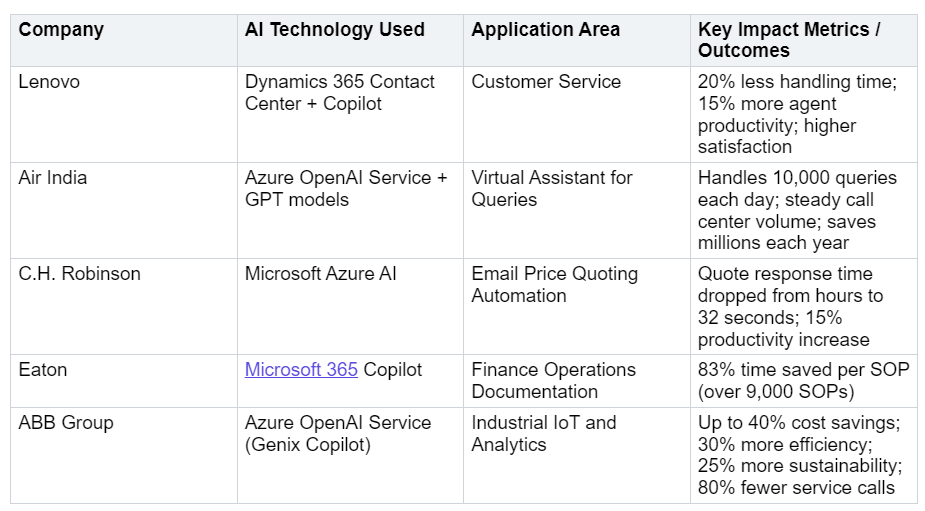What AI Advancements in Dynamics Will Bring to Business Operations
AI, using Microsoft Copilot and Azure AI, changes how businesses use Dynamics applications. Companies can now work faster, make better choices, and use more automation. The chart below shows how organizations get more work done, save money, and work more efficiently with AI copilots and agents.
AI copilots do tasks automatically, learn from feedback, and…


